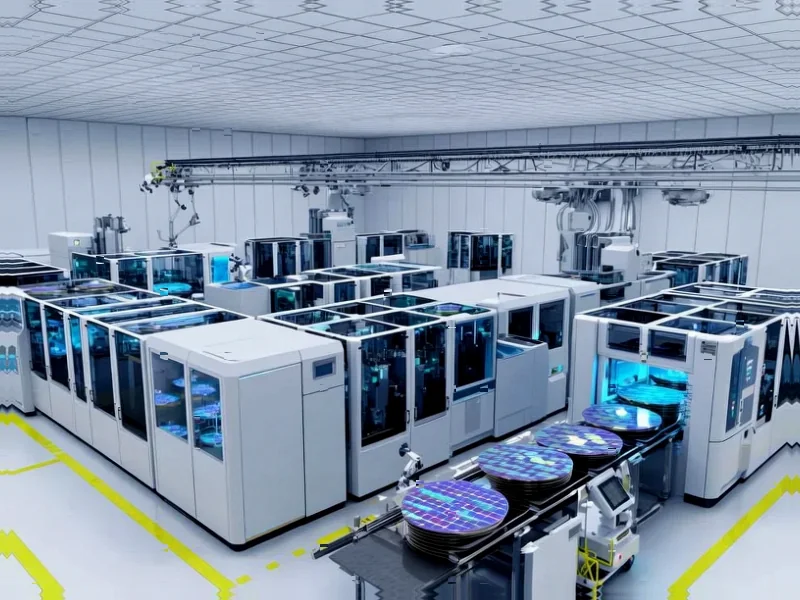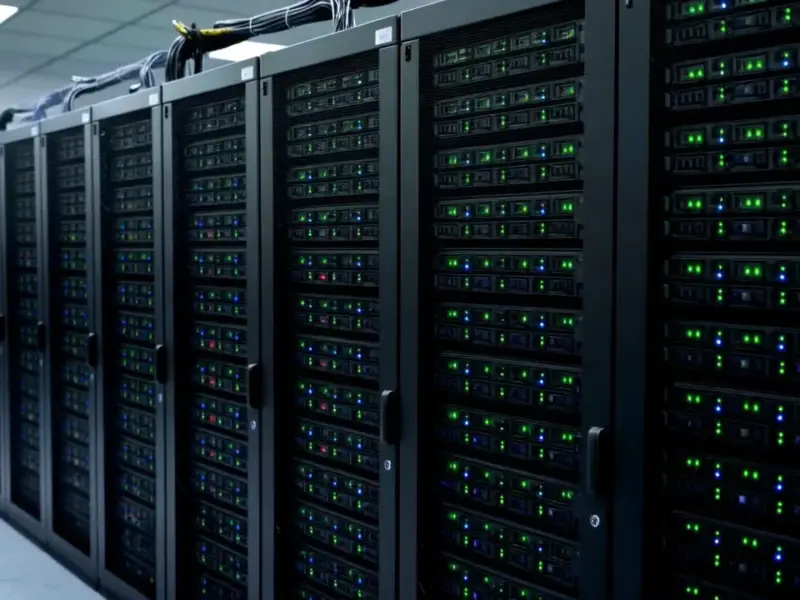According to Bloomberg Business, Microsoft has committed more than $60 billion to neocloud data center companies in a massive AI infrastructure push. The largest portion of that spending—about $23 billion—is going to British startup Nscale. This arrangement gives Microsoft access to roughly 200,000 of Nvidia’s latest GB300 chips at data center sites in the UK, Norway, Portugal, and Texas. The $60 billion total represents Microsoft’s aggressive attempt to secure enough computing capacity for its AI needs. This spending spree highlights the intense competition for AI infrastructure resources across the tech industry.
What This Actually Means
Here’s the thing—$60 billion isn’t just a big number, it’s absolutely staggering when you consider what it buys. We’re talking about enough computing power to probably train the next three generations of AI models simultaneously. And that $23 billion deal with Nscale? It basically turns a relatively unknown startup into an instant heavyweight overnight.
Think about the scale here—200,000 Nvidia GB300 chips. That’s not just buying hardware; it’s buying time. Microsoft can’t afford to wait years to build this capacity themselves. So they’re essentially renting the future from companies that saw this coming. It’s like they’re paying premium prices to skip the line.
Who Wins and Who Loses Here
Nvidia is obviously cleaning up—their chips are the gold standard everyone’s fighting over. But the real surprise winner might be these neocloud companies. They’ve positioned themselves as the landlords of the AI revolution, and Microsoft just became their biggest tenant.
Meanwhile, smaller AI companies and startups? They’re probably sweating. When Microsoft drops $60 billion just on infrastructure, it raises the barrier to entry to astronomical levels. How can anyone compete when the table stakes are this high? It’s becoming a game where only the wealthiest players can afford to sit down.
And let’s not forget Amazon and Google—they’re watching this and either matching the bet or getting left behind. The cloud wars just escalated from skirmishes to all-out nuclear arms race.
The Long Game
This spending tells us something crucial about where Microsoft sees AI going. They’re not betting on current demand—they’re betting that AI will become so fundamental to every business that today’s $60 billion will look like a bargain in five years. It’s a massive gamble, but one they clearly think they can’t afford not to take.
The real question is whether this creates an AI infrastructure monopoly. When one company controls this much specialized computing power, what does that mean for innovation? For competition? We’re entering uncharted territory where compute capacity might become the new oil—and Microsoft just bought several of the largest oil fields.




